MxCC’s Health Information Management program offers several options to get started.
Non-Credit
Medical Office Billing and Coding Certificate
The Medical Office Billing and Coding Certificate is a two-semester program, which will allow students to sit for the American Academy of Professional Coders (AAPC)—Certified Professional Coder Exam (CPC) and/or the AAPC Certified Professional Biller (CPB) exam. According to the AAPC 2022 Salary Survey, in Connecticut, the average salary for a CPB was $56,652 and the average salary for a CPC was $58,055. AAPC certified individuals usually work in physician offices and their roles may involve more billing than coding. Generally, there are more jobs for this credential type because there are more physician offices than other types of healthcare facilities. There may be competition for the jobs because the credential is common. These students do not need to take placement tests.
Credit
Clinical Coding Credit Certificate
The Clinical Coding Credit Certificate is the credit medical coding program at MxCC. This program is three semesters long and at the end of the program, students will sit for a coding credential exam from the American Health Information Management Association (AHIMA). Students may select the Certified Coding Associate (CCA), Certified Coding Specialist (CCS), or the Certified Coding Specialist-Physician Based (CCS-P) certification exam. AHIMA completed a salary survey in 2019 and found the average salaries for credentialed coders were $53,790 for the CCA®, $77,790 for the CCS-P®, and $79,060 for the CCS® (AHIMA 2019 Salary Report). AHIMA certified coders often work in larger organizations including hospitals and healthcare systems. The work is generally limited to specialized areas of coding and is unlikely to include billing. Generally, there are fewer of these jobs because there are fewer healthcare facilities than physician offices, but these credentials are less common and there may be less competition for the roles.
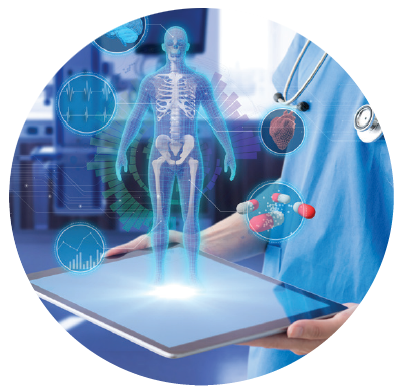
This certificate program prepares students for careers as clinical coders (medical coders). Clinical coders are skilled in classifying medical data utilizing knowledge of medical terminology, anatomy, physiology, disease processes, and pharmacology. Clinical coding is important to healthcare organizations because coding accuracy influences public health policy, impacts revenues, and drives the assessment of healthcare outcomes.
The Middlesex Community College Clinical Coding Certificate program is approved by the American Health Information Management Association (AHIMA) Professional Certificate Approval Program (PCAP).
PROFESSIONAL CERTIFICATION
Graduates of the Clinical Coding certificate program are eligible to sit for AHIMA coding certification exams including:
- Certified Coding Associate (CCA®)
- Certified Coding Specialist (CCS®)
- Certified Coding Specialist-Physician-based (CCS-P®)
Students may also choose to seek additional coding certification through the American Academy of Professional Coders (AAPC).
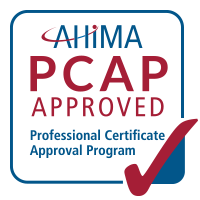 Our Clinical Coding Certificate is recognized as an AHIMA PCAP-approved coding program. It is stackable with the Health Information Technology – Data Management associate degree at MxCC or bachelor’s degree in HIM from other colleges. The CCS or CCS-P certification represents an expertise in coding that exceeds the level of coding covered by the HIM generalist credentials (Registered Health Information Technician (RHIT)) or (Registered Health Information Technician Administrator (RHIA)). Many students start with the Clinical Coding certificate and then progress to the Health Information Technology – Data Management associate degree program.
Our Clinical Coding Certificate is recognized as an AHIMA PCAP-approved coding program. It is stackable with the Health Information Technology – Data Management associate degree at MxCC or bachelor’s degree in HIM from other colleges. The CCS or CCS-P certification represents an expertise in coding that exceeds the level of coding covered by the HIM generalist credentials (Registered Health Information Technician (RHIT)) or (Registered Health Information Technician Administrator (RHIA)). Many students start with the Clinical Coding certificate and then progress to the Health Information Technology – Data Management associate degree program.
Health Information Technology – Data Management Associate Degree
The Health Information Technology – Data Management program provides skills to enter the workforce as a Health Information Technician.
The Health Information Technology – Data Management Degree provides an understanding of the many aspects of the emerging field of healthcare technology and information management. Health Information Technology professionals are involved in the design, collection, storage, utilization, and transmission of data required to meet the professional, legal, financial, and administrative record-keeping requirements of healthcare delivery systems.
Health Information Technology – Data Management graduates with the RHIT® credential are prepared for immediate entry into the workforce. AHIMA completed a salary survey in 2019 and found the average salary for certificated Registered Health Information Technicians (RHIT®) was $70,300 (AHIMA 2019 Salary Survey Report).
The American Health Information Management Association describes the work of Health Information Professionals:
Health information (HI) professionals are highly trained in the latest information management technology applications. They understand the workflow process in healthcare provider organizations, from large hospital systems to private physician practices, and are vital to the daily operations management of health information and electronic health records (EHRs). They ensure a patient’s health information is complete, accurate, and protected.
These professionals affect the quality of patient information and patient care at every touch point in the healthcare delivery cycle. HI professionals work on the classification of diseases and treatments to ensure they are standardized for clinical, financial, and legal uses in healthcare. HI professionals care for patients by caring for their medical data and are responsible for the quality, integrity, security, and protection of patients’ health information. (Health information 101, AHIMA, 2021)
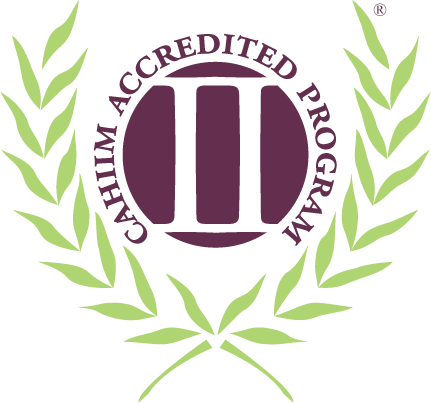 The Middlesex Community College Health Information Technology – Data Management degree program is accredited by the Commission on Accreditation for Health Informatics and Information Management Education (CAHIIM).
The Middlesex Community College Health Information Technology – Data Management degree program is accredited by the Commission on Accreditation for Health Informatics and Information Management Education (CAHIIM).
PROFESSIONAL CERTIFICATION
Graduates of the Health Information Technology – Data Management degree program are eligible to sit for AHIMA Registered Health Information Technician (RHIT®) certification exam.
Related program
HEALTH Care Administration ASSOCIATE DEGREE
Health Care Administrators develop, plan, and manage health care operations and services. Health Care Administrators apply business and financial management skills in the healthcare environment. The Health Care Administrator needs to understand health care delivery systems, health law, and health information systems.
Graduates of the Health Care Administration associate degree program are encouraged to pursue certification from the American Academy of Professional Coders (AAPC) as a Certified Physician Practice Manager (CPPM). A physician practice manager manages the business functions of a medical practice. The physician practice manager is responsible for practice operations that may include revenue management, compliance, human resources, information technology, and marketing.
According to the AAPC 2022 Salary Survey, the average salary for a CPPM was $70,895. Additional information is available in the AAPC 2022 Salary Survey.
